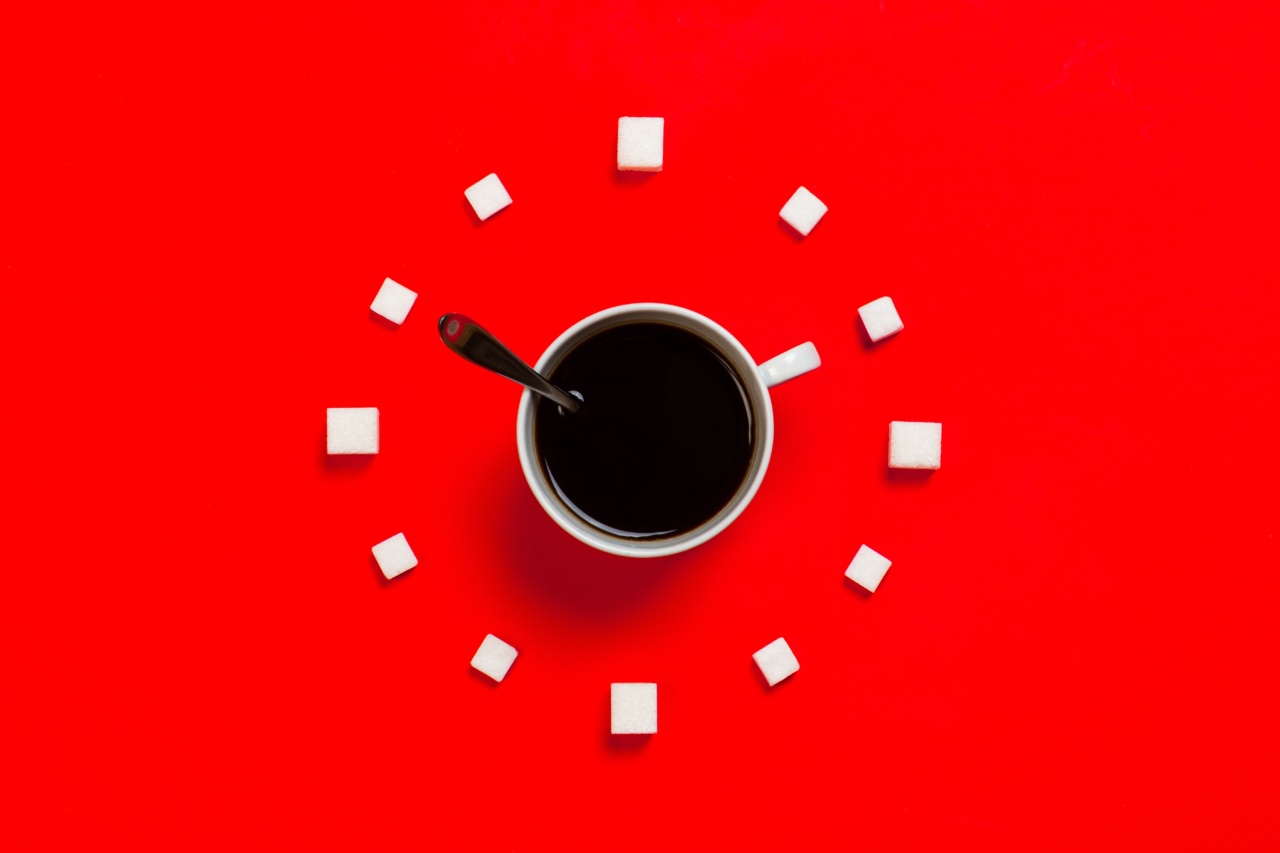For many coffee lovers, the day doesn’t truly begin until they’ve had their first cup of coffee.
Whether you enjoy your coffee as a morning pick-me-up or throughout the day, understanding the best time to drink coffee can help you optimize its effects and make the most of this beloved beverage.
Circadian Rhythm and Coffee
Human beings have an internal biological clock known as the circadian rhythm, which regulates our sleep-wake cycle and influences various physiological processes. These processes are deeply intertwined with the effects of caffeine on our bodies.
Research suggests that our circadian rhythm is affected by coffee consumption. High caffeine intake when the body’s cortisol levels are naturally high can interfere with the production of cortisol, leading to decreased alertness in the long run.
It is important to consider the following factors when determining the best time to drink coffee.
Morning Boost with Coffee
Many people rely on coffee in the morning to kick-start their day. This is because cortisol, a hormone that helps keep us awake and alert, is naturally at its highest levels during the early morning hours.
By consuming coffee when cortisol levels are already elevated, we can enhance its stimulating effects and promote increased wakefulness.
Experts recommend consuming coffee between 9:30 am and 11:30 am, when cortisol levels are at their peak. This can help you maximize your alertness and productivity during the first half of the day.
The Afternoon Slump
As the day progresses, our cortisol levels begin to decline, leading to a natural dip in energy. This “afternoon slump” is a common enemy for many individuals.
While reaching for another cup of coffee may seem like the obvious solution, timing is key to avoiding potential sleep disturbances later in the evening.
Avoid drinking coffee in the late afternoon, as the effects of caffeine can last for several hours and disrupt your sleep schedule.
Instead, consider having a cup of coffee around 2:00 pm to combat the afternoon slump while allowing enough time for the caffeine to metabolize before bedtime.
Sensitivity to Caffeine
Each person’s sensitivity to caffeine varies, and it is essential to take this into account when determining the best time for your coffee consumption.
Some individuals are more sensitive to the effects of caffeine and may experience jitters, increased heart rate, or difficulty falling asleep.
If you have a high sensitivity to caffeine, it is advisable to consume coffee earlier in the day and limit your intake to avoid disrupting your sleep patterns.
Experimenting with your caffeine intake can help determine the optimal timing for your coffee consumption.
Non-Coffee Factors to Consider
While the time of day is crucial when planning your coffee consumption, other factors should also be considered to fully optimize your experience:.
1. Personal preferences
Some individuals may simply prefer to have their coffee in the evening or at different times, regardless of its physiological effects. Personal enjoyment should be a significant factor in determining the best time for your coffee intake.
2. Sleep quality
If you find that coffee consumed even in the morning disrupts your sleep at night, it may be best to avoid caffeinated beverages altogether or limit your intake to earlier hours of the day.
Prioritizing a good night’s sleep should always be a consideration.
3. Meal times
Coffee consumption with or after meals can impact the absorption of certain minerals and vitamins.
If you are concerned about nutrient absorption, it is advisable to wait at least 30 minutes after a meal before having your coffee to minimize any potential interference.
4. Medications and health conditions
Check with your healthcare provider or pharmacist about any potential interactions between coffee and any medications or health conditions you may have.
Certain medications or health conditions may restrict or influence when you can safely consume coffee.
Coffee and Productivity
Understanding the best time to drink coffee can significantly impact your productivity levels throughout the day.
By aligning your coffee consumption with your circadian rhythm and individual sensitivity to caffeine, you can experience improved alertness, focus, and energy.
It is essential to experiment and find what works best for you. Pay attention to your body’s natural energy levels and adjust your coffee intake accordingly.
By doing so, you can create a well-balanced routine that harnesses the benefits of coffee while maintaining overall well-being.































